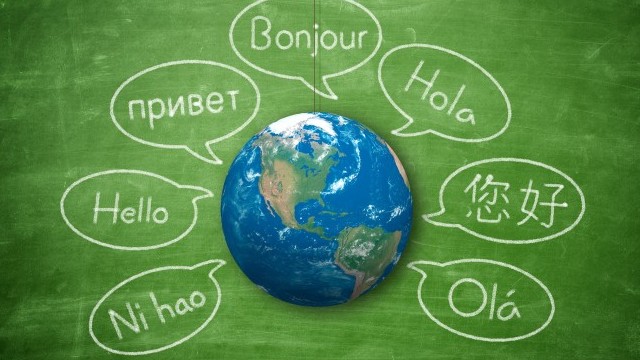可数名词有两种形式:单数和复数。
The singular form refers to one person or thing:
单数形式指一个人或一件物品。
a book; a teacher; a wish; an idea
The plural form refers to more than one person or thing:
复数形式指多于一个人或一件物品:
books; teachers; wishes; ideas
Singular count nouns
单数可数名词
Singular count nouns cannot be used alone. They must have a
determiner:
单数可数名词不能单独用。他们必须有一个限定词:
the book; that English teacher; a wish; my latest idea
一个量词:
some new books; a few teachers; lots of good ideas
or a numeral:
一个数词:
two new books; three wishes
Plural forms:
复数形式:
We usually add –s to make a plural noun:
我们通常在单数名词后加–s:
book > books; school > schools; friend > friends
We add -es to nouns ending in –ss; -ch; -s; -sh; -x
在以–ss; -ch; -s; -sh; -x结尾的单词后加-es:
class > classes; watch > watches; gas > gases; wish > wishes; box > boxes
When a noun ends in a
consonant and -y we make the plural in -ies...
在以一个辅音跟-y结尾的单词后我们加-ies变为复数。
lady > ladies; country > countries; party > parties
…but if a noun ends in a
vowel and -y we simply add -s:
但是如果一个单词以元音跟-y结尾的单词,我们直接在单词后面加-s。
boy > boys; day > days; play > plays
一些普通的单词有不规则复数形式:
Man > men; woman > women; child > children; foot > feet;
person > people
Plural count nouns do not have a determiner when they refer to people or things as a group:
当复数可数名词指代一类人或一类事物时,不需要限定词。
Computers are very expensive.
Do you sell old books?











